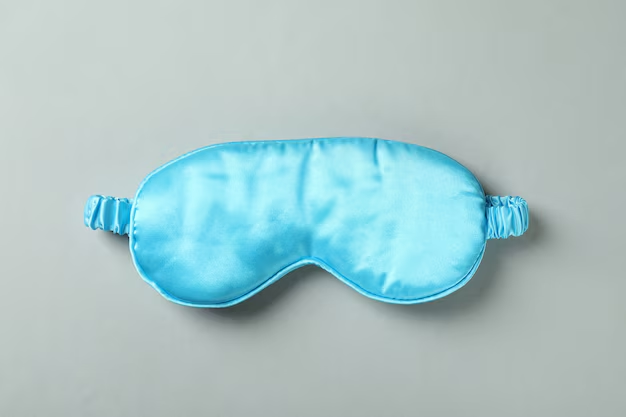
Best eyemask
Introduction
A good night’s sleep can be life-changing, and a sleep mask is a simple tool that helps many people fall asleep faster and stay asleep longer. Whether you’re dealing with light pollution, travel fatigue, or just want deeper rest, the right eye mask can make a world of difference.
This guide will help you understand what to look for in a sleep mask, compare popular types, and decide which one suits your lifestyle best.
What to Consider Before Buying a Sleep Mask
Not all eye masks are created equal. Before buying one, consider these key factors:
Material
- Silk: Gentle on skin, breathable, ideal for sensitive skin.
- Cotton: Soft and washable, budget-friendly.
- Memory Foam: Cushioned and contour-fitting for pressure relief.
Fit & Design
- Adjustable straps prevent slipping and hair tugging.
- Contoured shapes offer blackout without pressure on the eyes.
- Flat designs work well for side sleepers.
Purpose
- Travel
- Meditation
- Daytime naps
- Shift work or insomnia relief
Product Summary: Comparing Popular Sleep Mask Types
| Type | Ideal For | Key Features |
|---|---|---|
| Silk Sleep Masks | Sensitive skin, luxury feel | Lightweight, smooth, breathable |
| Contoured Eye Masks | Deep sleepers | Blocks light fully, won’t press on eyelids |
| Memory Foam Masks | Restless sleepers | Snug fit, extra comfort |
| Weighted Eye Masks | Relaxation, anxiety relief | Gentle pressure, promotes calmness |
Pros & Cons of Common Sleep Masks
Silk Sleep Masks
Pros:
- Soft and breathable
- Great for sensitive skin
Cons:
- May slip off during sleep
- Less structured blackout
Contoured Masks
Pros:
- No eye pressure
- Excellent for REM sleep
Cons:
- Bulkier design
- Not ideal for side sleeping
Memory Foam Masks
Pros:
- Comfortable and supportive
- Stays in place well
Cons:
- Can be warm in hot climates
- Heavier than other masks
Weighted Masks
Pros:
- Encourages relaxation
- May help with migraines or anxiety
Cons:
- Heavier feel may not suit everyone
- Not ideal for travel
Who It’s Best For
- Light Sleepers: Choose contoured or blackout designs for complete darkness.
- Travelers: Go for compact, lightweight silk or foam options with carrying pouches.
- People with Dry Eyes: A snug-fitting memory foam mask can reduce airflow around eyes.
- Meditators or Yogis: Weighted or silky masks can enhance relaxation sessions.
FAQs
Do sleep masks really improve sleep quality?
Yes. By blocking out light, they help regulate melatonin production and improve sleep cycles—especially helpful for light sleepers or those in bright environments.
Can I wash my sleep mask?
Many are washable, especially cotton and some foam designs. Check product care instructions before machine washing.
Will a mask help with migraines?
Some people find weighted or coolable masks help reduce migraine symptoms. Always consult a healthcare provider if migraines persist.
Final Recommendation
A quality sleep mask is a low-cost, high-impact addition to your sleep routine. Whether you’re looking to block light during travel, reduce anxiety, or simply improve your nightly rest, there’s a sleep mask that fits your needs. Prioritize comfort, fit, and purpose—and sleep better, naturally.

